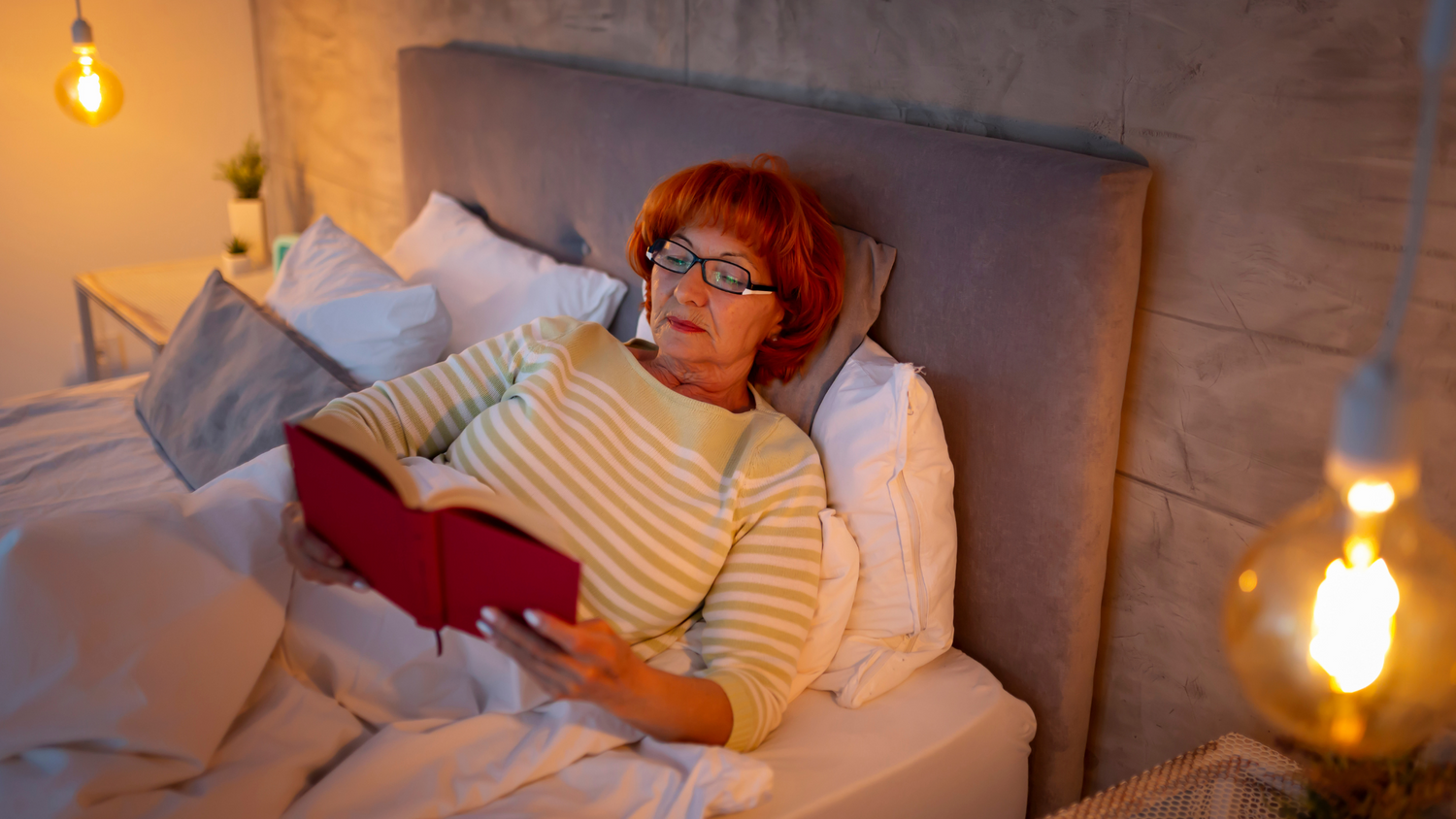Depression and anxiety are often such insidious mental health conditions that sometimes they find their way into your bedroom. Depression and anxiety can impact your sex life, sexual pleasure, and relationships, which can, in turn, exacerbate problems with low mood or panic. These mental health issues are inextricably linked with sexual function and are sometimes mutually causal.
Depression Can Have an Effect on Sexual Health
Low mood often goes hand in hand with low libido. When you’re depressed, the motivation to engage intimately just isn’t there. Studies have shown that women who are depressed during menopause experience intensified symptoms, and this includes vaginal health-related issues like dryness. Worse yet is that, when these issues are not addressed, they can create a cycle.

Recent research indicates that sexual health and mental health are linked. Those with higher reported sexual health often have better physical and mental health, too. When someone is suffering from depression, the accompanying low libido and exacerbated symptoms can lead to them neglecting their sexual self-care. And neglecting sexual self-care often worsens depression.
Sometimes, treatment for depression can curtail your sex drive, which makes this situation all the trickier. The best option is to get help for all of your conditions. It’s worth asking your doctor if you could switch to another medication if you are experiencing adverse side effects from your antidepressants.

Anxiety Plays a Role in Vaginal Health, Too
Anxiety directly affects your sexual health. Stress can cause vaginal discomfort and even vaginal infections. If you have medically related anxiety, this process is self-propagating as well. Perhaps at first, you were stressed about work, but now that you have an infection, surely something serious is wrong! Anxiety distracts you from and impairs your enjoyment of sex. Since sex is an excellent anxiety reliever, the cycle of anxiety may continue unless you find other ways to cope.
Just like depression, anti-anxiety medications can make sex more difficult, since many medicines are prescribed to treat both. Women who self-medicate with alcohol or other substances may become dehydrated, which is also a cause of vaginal dryness. And so, unless addressed, these two conditions continue to aggravate each other.
Menopause, Anxiety, and Depression
Some women who go through menopause will experience anxiety and depression as a result. The change in hormones can easily affect your mood. Depending on the length of time and severity of your mood change, this could be clinically identified as anxiety or depression. And, estrogen treatment for menopausal symptoms can cause anxiety and depression.
But there’s no reason to end on such a sour note. Speaking up about mental or vaginal health issues can be daunting, but it’s also crucial. Talking with your friends about it can lessen the stigma, too. The science suggests that suffering in silence will only serve to make the situation get worse. Seeking help for your mental health is empowering, and there are an abundance of treatment options and doctors who can help you find the right one for your situation. Mental health and sexual health are correlated; improve one and the other one may improve. Let one deteriorate, and the other one may, as well.





